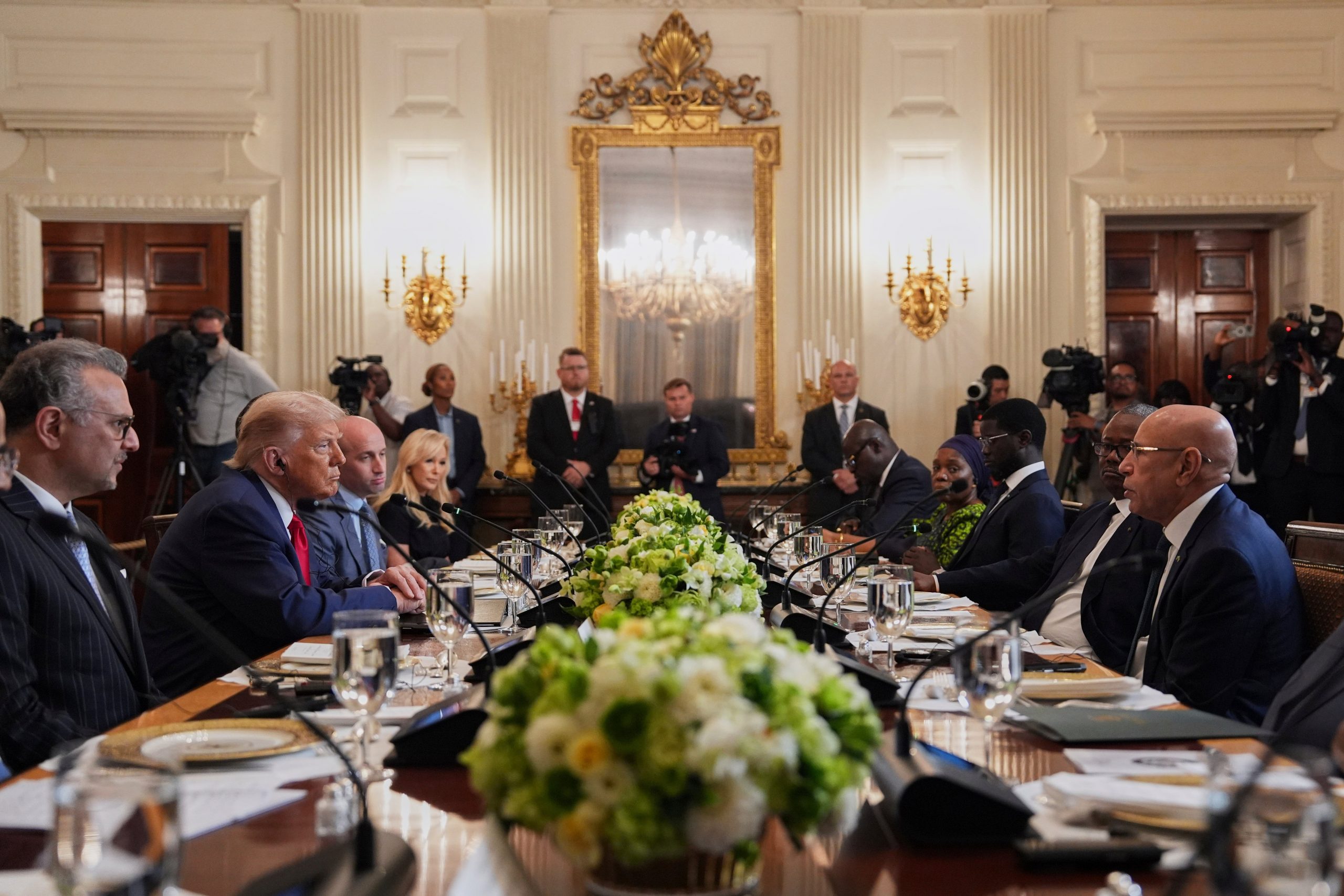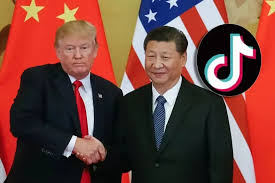U.S. President Donald Trump has announced a 100% tariff on all imported semiconductors, escalating trade tensions and raising concerns among key global suppliers.
However, companies that have already invested in manufacturing facilities inside the United States will be exempt from the new tariffs.
“If you’re building in the United States, there’s no charge —even if you haven’t started producing yet,” said Trump in the Oval Office on Wednesday.
Semiconductors (also called chips) are vital to almost everything — smartphones, laptops, cars, medical devices, and military tech. Most are made in Asia, especially Taiwan and South Korea.
The U.S. relies heavily on these imports, so a 100% tariff could mean higher prices for electronics, supply chain issues, and increased costs for American businesses that depend on global chip supply.
Global Reaction: Mixed and Immediate
Taiwan
Home to TSMC, the world’s largest chipmaker.
Will not be affected because of its $165 billion investment in U.S. factories in Arizona.
TSMC supplies major firms like Apple and Nvidia.
South Korea
Samsung and SK Hynix, major chipmakers, are also exempt, thanks to factories in Texas and Indiana.
Seoul says it has a favorable deal with Washington, signed earlier this year.
Philippines
Not so lucky.
70% of the Philippines’ exports are semiconductors.
Local industry leaders say the tariffs will be “devastating” for their economy.
“This move puts thousands of jobs at risk,” said Dan Lachica, president of the Philippines Semiconductor and Electronics Industries Foundation.
President Trump says the move will boost U.S. manufacturing, reduce dependence on foreign supply, and protect national security.
The decision follows a $600 billion announcement from Apple to increase U.S. investments and comes on the heels of the CHIPS Act — a bipartisan law signed in 2022 that offers billions in subsidies and tax credits to tech companies building in America.
This new tariff is part of a larger trade strategy, which also includes:
Steel and aluminum tariffs
Taxes on foreign cars and pharmaceuticals
Heavy trade pressure on India, China, and Brazil
What’s Next?
U.S. consumers may see rising prices for tech goods.
Trade allies like the EU, India, and Brazil could retaliate with their own tariffs.
Companies without U.S. factories may look to relocate production quickly to avoid losing access to the American market.
Some countries are already seeking help from the World Trade Organization (WTO).
“Trump’s tariffs may boost domestic production in the short term, but they also risk damaging long-standing trade partnerships,” say analysts.
Trump’s 100% semiconductor tariff is aimed at bringing chip manufacturing back to the U.S., but it’s already sparking global economic concerns, diplomatic tensions, and potential price hikes for American consumers.
For nations not exempt, it’s a wake-up call: invest in the U.S., or risk being shut out of one of the world’s largest tech markets.



